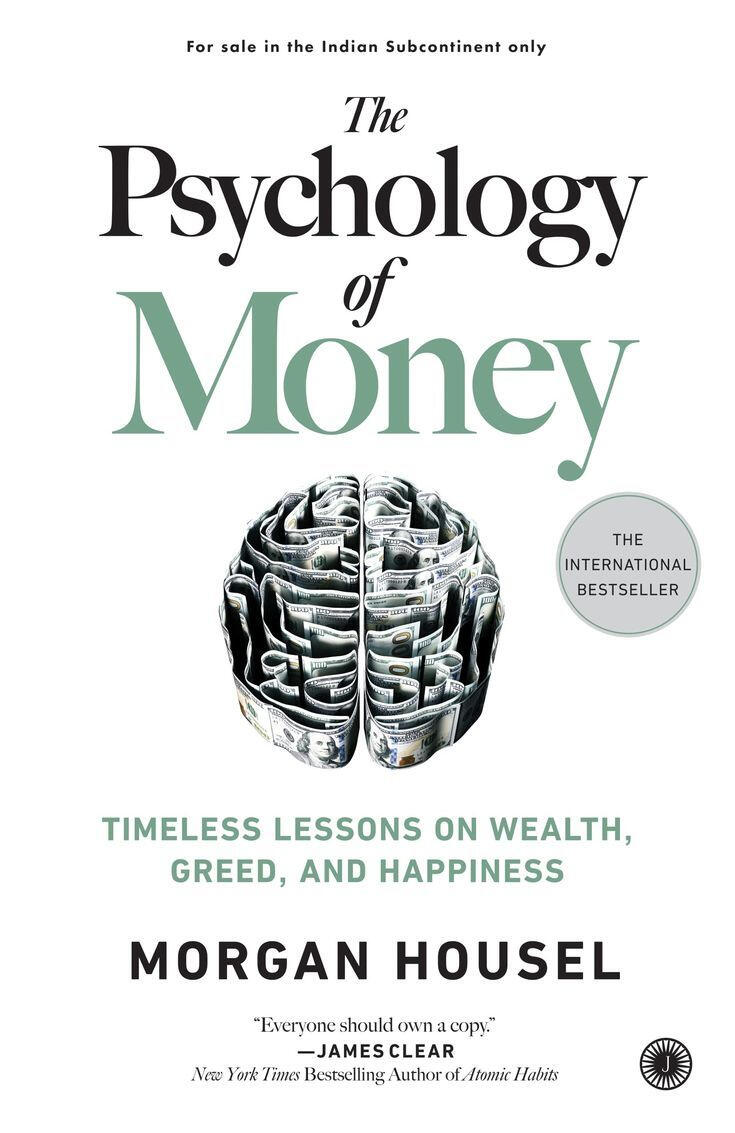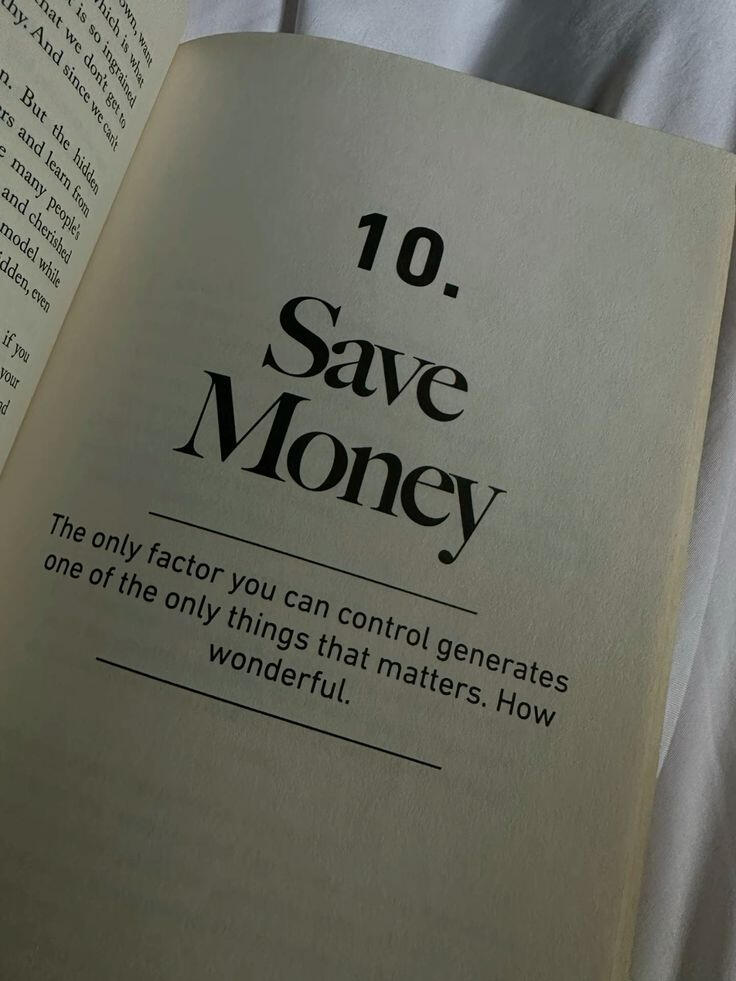The Psychology of Money
Money isn’t just about numbers and logic—it’s deeply tied to behavior, psychology, and emotions. Morgan Housel explores cognitive biases, common financial mistakes, and timeless lessons about wealth, investing, and financial decision-making.

Morgan Housel
Morgan Housel is a renowned author, investor, and speaker in the field of behavioral finance. A former columnist for The Motley Fool and The Wall Street Journal, he specializes in analyzing how human behavior, rather than just financial strategies, shapes our relationship with money.

Short Summary
Chapter 1: The Mystery of Two Fates
Imagine two men: Ronald James, a janitor his entire life, and Richard Fuscone, a former executive at Merrill Lynch.Richard had it all: elite education, a brilliant career, and a lavish lifestyle—private jets, mansions, luxury cars. But when the 2008 financial crisis hit, he had taken on too much risk. Drowning in debt, he went bankrupt.
Ronald, on the other hand, never earned more than minimum wage. Yet, when he passed away, he left behind a $8 million fortune. How? By living modestly, saving consistently, and letting time and compounding do the work.
💡 Lesson: Being rich is about spending. Staying rich is about accumulating and managing wisely.
Chapter 2: The Hidden Truth About Wealth
Many believe getting rich is about intelligence. But history proves that behavior, not degrees, is what creates millionaires.Take the case of Jesse Livermore, one of the greatest traders of the early 20th century. In 1929, he made $100 million by predicting the stock market crash. Genius? Maybe. But just a few years later, he lost everything by taking too many risks.Contrast this with Warren Buffett, one of the world’s richest men. His secret? He started investing at 11 years old and let his money grow for over 80 years. His wealth isn’t due to flashy moves but to a simple strategy: patience, consistency, and the power of time.💡 Lesson: Money doesn’t reward speed; it rewards duration.
Chapter 3: The Illusion of Control – Luck and Risk
Bill Gates became a tech genius, right? Yes, but… he was also one of the very few students in the world with access to a computer in 1968. Pure luck. Meanwhile, another brilliant young man, Kent Evans, was supposed to co-found Microsoft with him—but tragically died in an accident.💡 Lesson: We tend to overestimate our role in success and underestimate luck and circumstances.Don’t blindly compare yourself to the wealthy. Many of them benefited from a mix of hard work, perseverance, and conditions beyond their control.
Chapter 4: “Enough” – The Mistake That Destroys Fortunes
Consider Rajat Gupta, former CEO of McKinsey. Coming from nothing, he rose to incredible heights. But it wasn’t enough. He wanted more and got involved in insider trading. The result? Prison, disgrace, and financial ruin.Meanwhile, billionaires like Warren Buffett or Charlie Munger continue to live simply. Because they know when to stop.💡 Lesson: If you never define what “enough” means, you’ll keep chasing a mirage—taking unnecessary risks that could wipe you out.
Chapter 5: How to Build and Keep Wealth
Be humble – The best investors avoid arrogance. They know they can be wrong.
Be patient – Wealth is built over decades, not days.
Control your emotions – Fear and greed are the biggest enemies of good financial decisions.
Think long-term – The biggest winners in investing and business think 20–30 years ahead, not just 6 months.
Conclusion: A Psychological, Not Just Financial, Wealth
Morgan Housel teaches us that money is a psychological game. The winners aren’t necessarily the smartest but those who understand time, emotions, and discipline.Want to get rich and stay rich? Stop trying to be a financial genius. Instead, bet on time, patience, and wisdom.And now, what’s your definition of "Enough"?
Main Ideas - Key Concepts Explained Clearly
✅ 1. Your Behavior Matters More Than Your IntelligenceMost financial mistakes stem from emotional reactions, not a lack of knowledge.Example: Lottery winners often go bankrupt because they lack financial discipline, not intelligence.
✅ 2. Time & Compounding Are the Real Wealth BuildersSmall, consistent investments yield massive long-term returns.Example: Warren Buffett’s net worth exploded after age 60 due to decades of compounding.
✅ 3. Avoid Lifestyle Inflation & Define 'Enough'Chasing bigger houses, luxury cars, and status symbols often leads to financial stress.Example: Many celebrities go broke despite earning millions because they never define enough.
✅ 4. Risk & Luck Are Two Sides of the Same CoinRecognize when success comes from external factors, not just personal skill.Example: The same risk that made Jeff Bezos rich could have bankrupted him in an alternate reality.
Main Ideas - Key Concepts Explained Clearly
Start Investing Early – Even small amounts, when compounded, grow exponentially.
Live Below Your Means – Define enough and avoid lifestyle inflation.
Understand Luck & Risk – Acknowledge external factors in financial success.
Be Patient – Long-term thinking is the key to wealth building.
Avoid Emotional Decisions – Market crashes and booms trigger fear and greed—stay rational.



Briffio
Discover the Best Short summaries on briffio.com
© Briffio. All rights reserved.